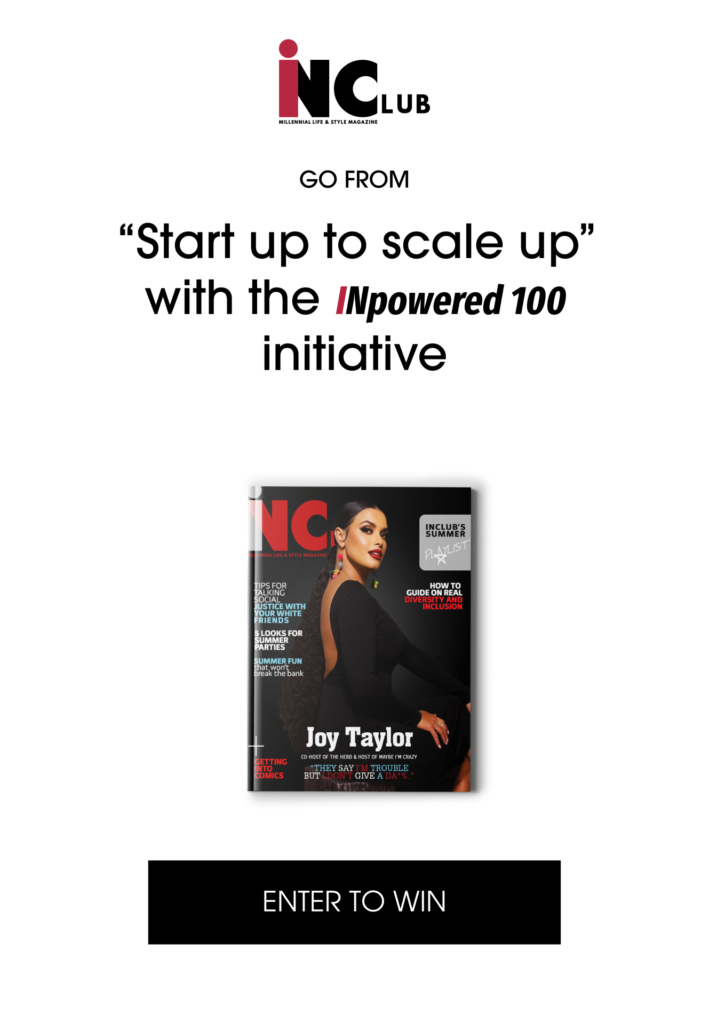Features, Hot Topics, Relationships
Friendship Red Flags: Recognizing Dealbreakers in Platonic Relationships
Friendships are an essential part of our lives, providing support, camaraderie, and shared experiences. However, not all friendships are built on a solid foundation of mutual respect and understanding. In this article, we’ll delve into common signs of friendship red flags, from possessiveness to a lack of accountability. By becoming attuned to these warning signs, we empower ourselves to cultivate healthy relationships that enrich our lives.
1. They intentionally make insulting jokes
While humor can be a healthy part of any friendship, it should never come at the expense of someone’s self-esteem or dignity. A friend who consistently resorts to making insulting jokes displays a concerning lack of empathy and respect for your feelings. It’s essential to recognize that a friend who engages in this pattern of behavior is not fostering a supportive or nurturing connection. Such behavior creates an unhealthy dynamic, where one person’s amusement takes precedence over the emotional well-being of the other.
2. They’re jealous or unsupportive
When a friend harbors jealousy, it often stems from their own insecurity or feelings of inadequacy. This can manifest as unsupportive behavior, as they may be unwilling or unable to genuinely celebrate your achievements or success. Instead of being a source of encouragement, they might offer backhanded compliments or subtly undermine your accomplishments. A friend who consistently displays jealousy or lack of support for you can harm your well-being or personal growth.
3. They’ve become codependent
Codependency often involves an excessive reliance on one another for emotional validation and support, to the point where individual identities can become blurred. It can be hard to maintain healthy boundaries in such friendships as personal needs tend to become enmeshed. Codependent friends might struggle to set boundaries and often sacrifice their well-being to meet the demands of another person. While it’s natural to have close friends, it’s important to remember that it’s unhealthy for one person to demand exclusive access to your time, emotions, and attention.
4. They never take accountability
A friend who constantly avoids taking accountability or offering genuine apologies can create a challenging and potentially toxic dynamic. This behavior often reflects a lack of respect for your feelings and an unwillingness to acknowledge their mistakes or shortcomings. When someone repeatedly shifts blame or brushes off their actions, it can erode trust and create a sense of frustration and resentment – leaving you feeling unheard or invalidated.
5. They only talk about themselves
One-sided friendships typically occur when a friend consistently dominates the conversation with their own concerns and rarely shows interest in your life. In such a dynamic, it can feel like your needs, experiences, and feelings are often overlooked or dismissed. When a friend consistently monopolizes the conversation, the imbalance hinders genuine connection and prevents you from feeling valued and heard in the friendship.
Some questions to ask yourself if you’re questioning a current friendship include:
- Do I feel nervous around this person?
- Do I feel emotionally drained after spending time with this person?
- Do I walk away from this person feeling uplifted?
- Does this person respect my boundaries?
- Do we have clear and open communication?
- Does this person try to embarrass me in group settings?
- Do we both benefit from our conversations and time spent together?
Remember, you deserve friendships that enhance your well-being and celebrate your individuality. Trusting your instincts and setting boundaries are crucial elements in maintaining relationships that uplift and empower. By being mindful of these friendship red flags, we pave the way for friendships that bring positivity, support, and genuine joy into our lives.



